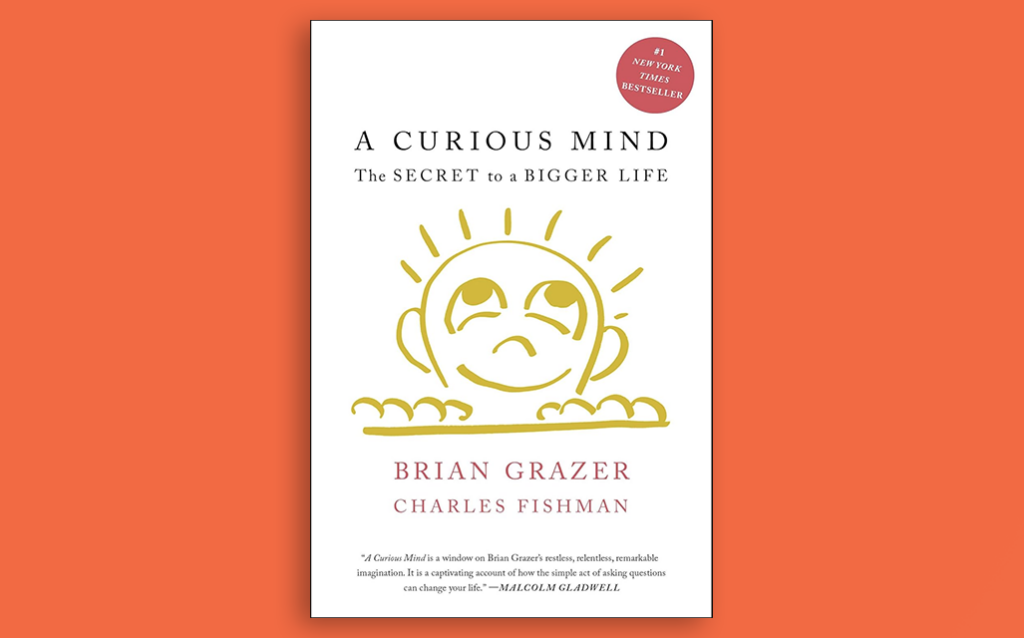In the introduction to his book A Curious Mind, Hollywood producer Brian Grazer writes, “Curiosity has been the most valuable quality, the most important resource, the central motivation in my life.” Asking insightful questions, uncovering motivations, constructing prospect personas—all these activities will help drive a sales person toward making a sale, but it all falls flat if you aren’t genuinely curious about your prospect.
Curiosity is generally regarded as a childhood emotion. The more we think we know, the less curiosity we have about the world around us. We tend to become more involved with our own agendas, and less interested in learning more about the people we meet along the way. This is especially true in a sales conversation. We can be so focused on what we have to say to “convince” someone to be our customer, that we close ourselves off from caring about what the prospect is really communicating with us.

Remembering to be Curious
Think back to a time in your childhood when you were obsessed with something. What was it for you? For my son it was animals. He loved animals of all shapes and sizes. We talked about animals, we read books about animals, we even did puzzles of animals. He drew sweet pictures of any animal you can imagine until one day, almost instantly, it stopped. This obsession which lasted over three years was suddenly over. He still liked animals, yes, but his curiosity about them waned and his attention turned to other things. While this is a natural part of growing up, it is essential to be able to “tap into” your childlike curiosity every now and then. In fact, when Adam Bryant interviewed over 700 CEO’s for his book The Corner Office, he asked them all a common question: “What qualities do you see most often in people who succeed?” The number one answer across the board was: “Curiosity.”

His findings showed curious people are natural problem solvers. They are open to new information and are able to adapt to challenging situations quickly. They are effective and empathetic leaders, often seeing opportunities where others only see problems. In The Corner Office, Bryant says, “Curiosity is linked so closely with success because it drives you into the unknown, which is where you make discoveries, develop relationships, uncover opportunities, and experience growth. While curiosity alone does not always lead to success, in relationships, in business, and in life, it’s a good place to start.”

Practice Makes Perfect
So, if curiosity is so important, how can we get better at it? Like any forgotten or under-used skill, curiosity often takes practice for adults. Before meeting with a potential new customer, and before launching into your thoughtfully crafted questions, try thinking to yourself:
• I’m going to clear my mind of expectations for this meeting. My priority is to make a meaningful connection with this prospect, no matter how that looks.
• I’m going to allow myself to be vulnerable. I may not know all the answers to the questions this prospect asks, but I will not let that fear distract me from guiding this meeting with insightful questions.
• I’m going to pay attention. This prospect will feel important, seen, and respected because of the quality of our interaction today.
These meditations invite your brain to relax. Without the outside pressures of “making the sale” you are free to explore your curiosity. In Zen Buddhism, this is called Beginner’s Mind. Zen Master Shunrya Suzuki warns, “In the beginner’s mind there are many possibilities. In the expert’s mind there are few.”
Let’s Connect
Are you a sales professional looking for support in your quest to reach the next level of your career? Connect with Rebecca Kilday on Linked In or Instagram for information on all things “sales” including practical advice from seasoned professionals, hard lessons learned, and what it truly means to Sell INSPIRED.







